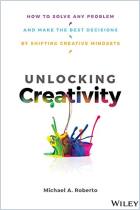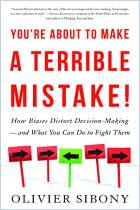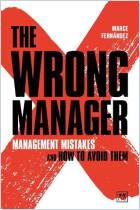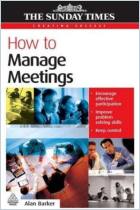
Why Great Leaders Don't Take Yes for an Answer
Managing for Conflict and Consensus
Recommendation
The two greatest strengths of Michael A. Roberto's book are its honesty and clarity. He admits that most people are uncomfortable with conflict and that many well-intentioned leaders shut down dissent. He's also honest about how likely it is that things will go wrong along the way, at least temporarily. Fortunately, he's also very clear about steps you can take to guide conflict in a productive direction, and why this matters. Roberto analyzes several well-known examples of bad decision making and shows how the absence of dissent or institutional mechanisms that insulated decision makers from essential - though not necessarily positive - information created serious problems. The list is long and chilling: President John F. Kennedy and the Bay of Pigs, President Lyndon B. Johnson and Vietnam, NASA and the Columbia shuttle explosion. His discussions will give you a powerful desire to review your organization's decision-making processes and, more generally, its culture. As Roberto himself readily admits, his techniques are not cure-alls, nor easy, but they will lead to improvements. getAbstract recommends this book to managers with decision-making responsibilities and to anyone who is committed to improving organizational functioning.
Summary
About the Author
Michael A. Roberto teaches at Harvard Business School and twice won Harvard's Allyn Young Prize for Teaching in Economics. He has consulted with a range of corporations.

























Comment on this summary or Démarrer une discussion